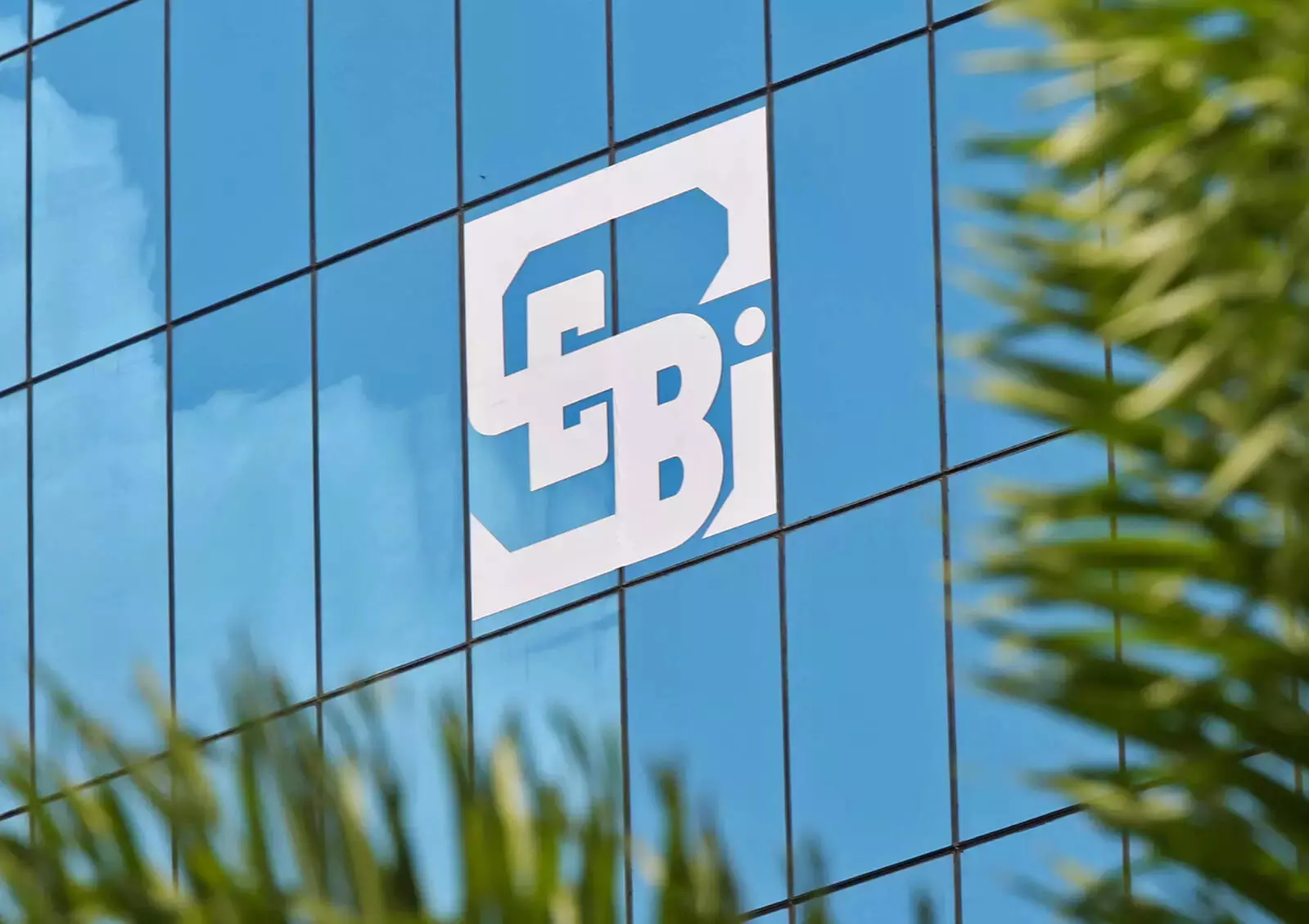A significant dent

The cycle of attacks and counter-attacks between Asia’s richest man, Gautam Adani, and US-based short-selling firm Hindenburg is gaining more vigour with each passing day. But more telling is the silence of market regulators — the Securities and Exchange Board of India (SEBI) and the Reserve Bank of India (RBI). The regulators need to come out in the open with their words to assure investors and other stakeholders of a safe environment. The foreign firm has not just raised serious questions about Adani enterprises but also, in a way, challenged the role of regulators. The report presented by Hindenburg Research has taken a dig into the riches of Asia’s richest man. Following the revelations of the report, Gautam Adani — whose wealth rose dramatically in the past few years — has slipped from the third rank to the seventh position in the list of the world’s richest persons. Just in a couple of days following the revelation of the report, Adani Group incurred massive losses. Even before a word could come from India’s market regulators on the credibility of the report, the damage has already been done. The report questioned Adani Group’s ownership of companies in offshore tax havens such as Mauritius and the Caribbean. In addition, it also flagged the “substantial debt” of the companies of the group that has put the conglomerate on a "precarious financial footing." It further said that owing to sky-high valuations, the shares in seven Adani-listed companies might see an 85 per cent downside. Adani Group tried to link the report’s allegations to the national interest. It termed the report to be a “calculated attack on India, the independence, integrity and quality of Indian institutions, and the growth story and ambition of India.” Responding to this, Hindenburg Research criticised the nationalistic colouring of the issue, saying that the group has “draped itself in the Indian flag while systematically looting the nation". The Hindenburg Research clarified that it believes “India is a vibrant democracy and an emerging superpower with an exciting future.” Adani Group also questioned the timing of the report’s publication which “clearly betrays a brazen, mala fide intention” to undermine the group's reputation with the main aim of damaging the upcoming FPO from Adani Enterprises”. There is an element of truth in it. The Hindenburg Research has perhaps timed the report to perfection. The report came just a couple of days ahead of the launch of a Rs 20,000 crore follow-on public offer (FPO) by Adani Enterprises — the group’s flagship company. While the intent of Hindenburg Research may be questionable, the timing of the report from a short-selling firm cannot be questioned legally. In fact, responding to the statement vowing legal suing by Adani Group, Hindenburg Research has invited the group to sue the firm in the US which will allow it to force Adani Group to produce documents in court. Adani Group has also asserted that much of the information “revealed” by the firm has already been in the public domain. Nevertheless, the fact remains that the report has managed to serve its intent by lending heavy blows to the group’s finances. Though there are two views on it, the report is also likely to negatively impact India’s banking sector and the larger economy. The extent of the possible impacts is still not very clear. The more general view is that since most of the borrowing of Adani Group has come from non-banking entities, the exposure of the banking sector will be limited. All efforts need to be directed towards staving off broader fallouts. The allegations and the projections made by Hindenburg Research are indeed grave. How credible and legible they are is another question. There is a need for a detailed investigation of the matter. But the major questions at this juncture are for India’s regulators: if the allegations made by the Hindenburg report happen to be true, what have India’s market regulators been doing all the while; if the allegations are not substantive, why the regulators have failed to prevent the damage? An impartial probe is needed to manage the crisis. In immediate terms, investors’ confidence needs to be restored by the earliest.



